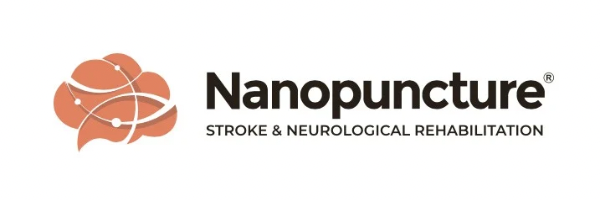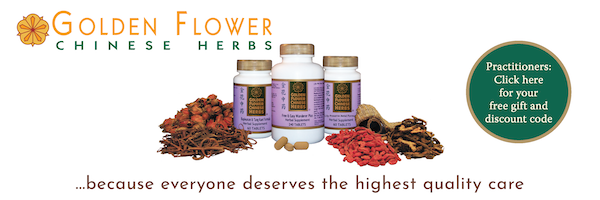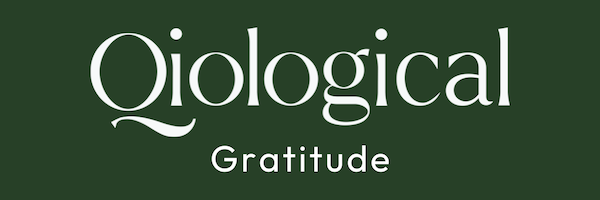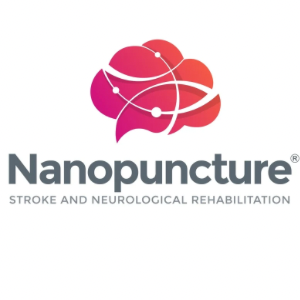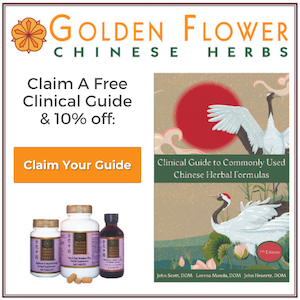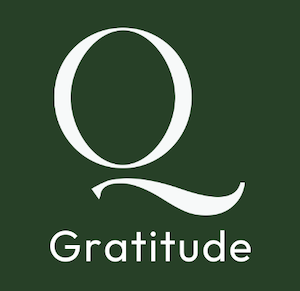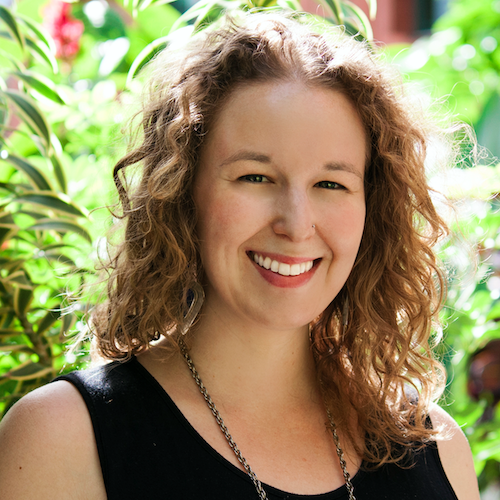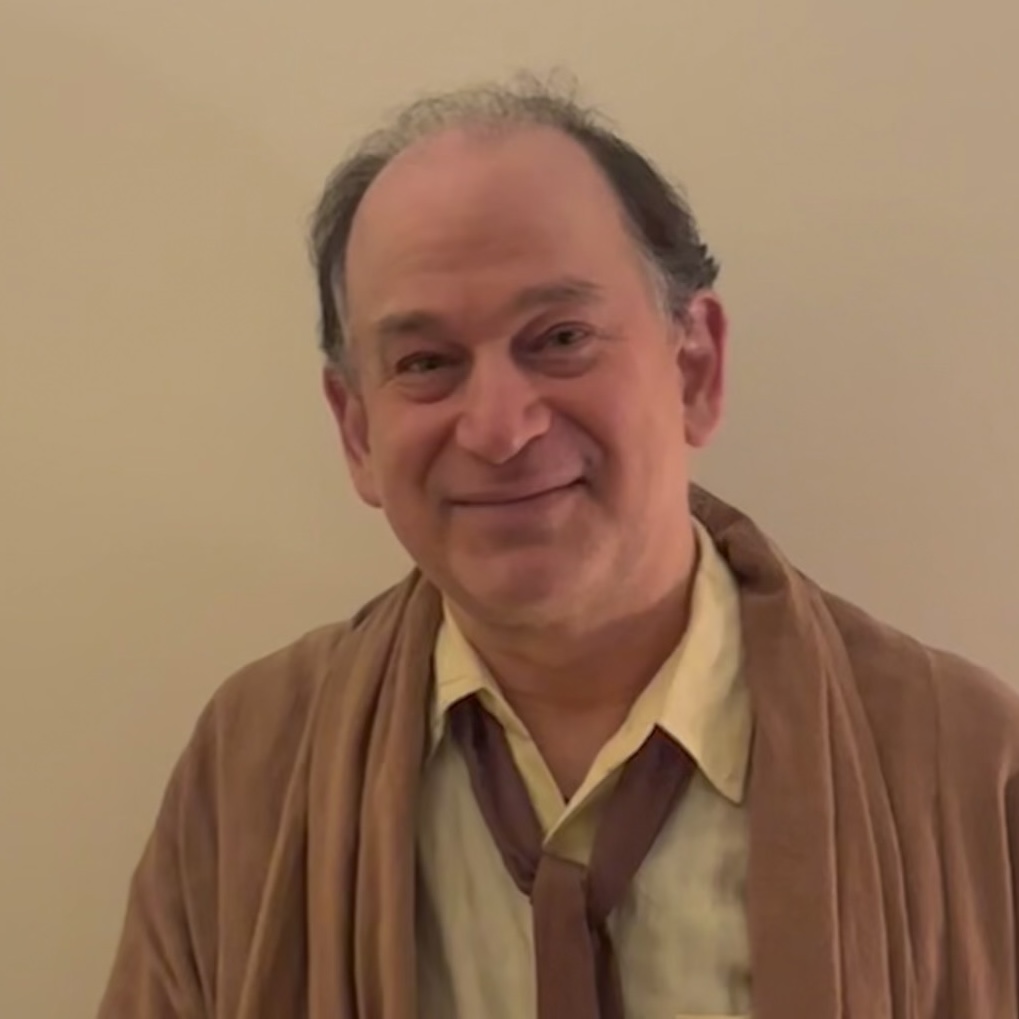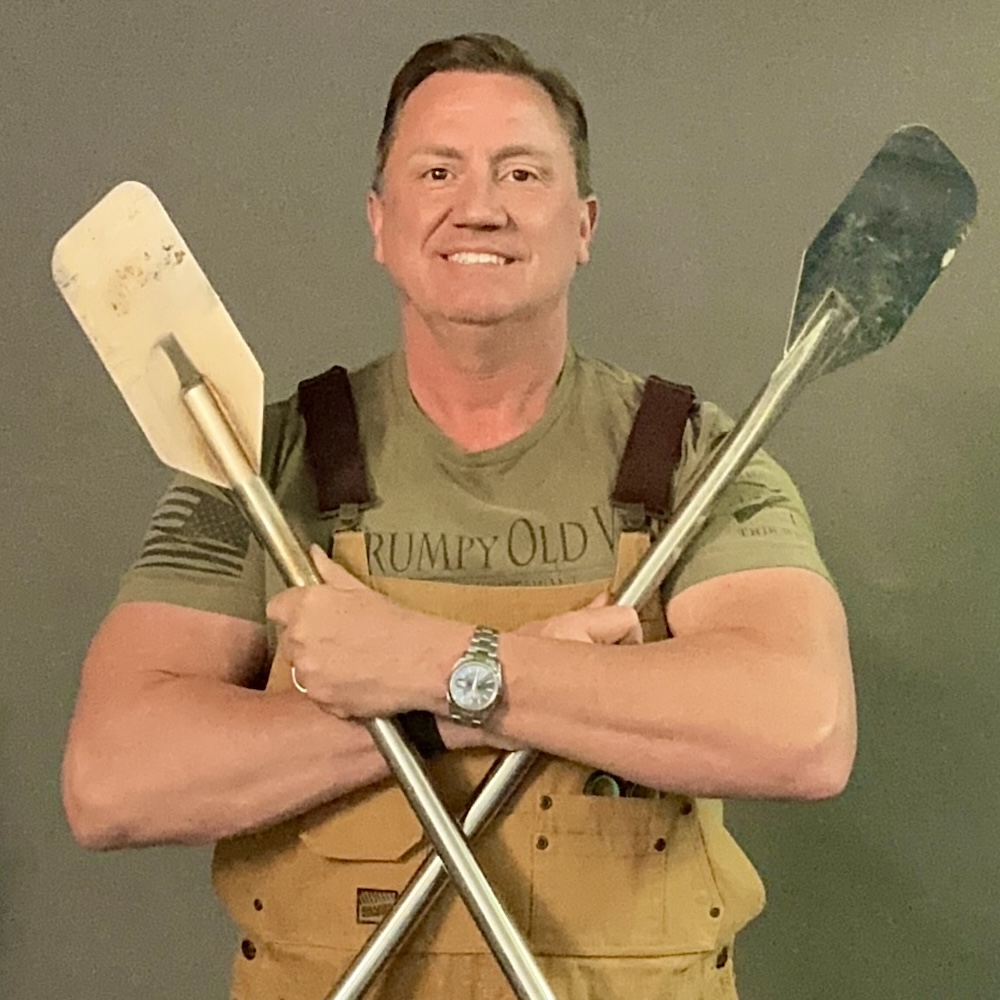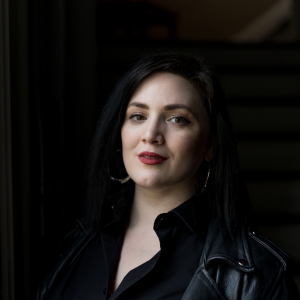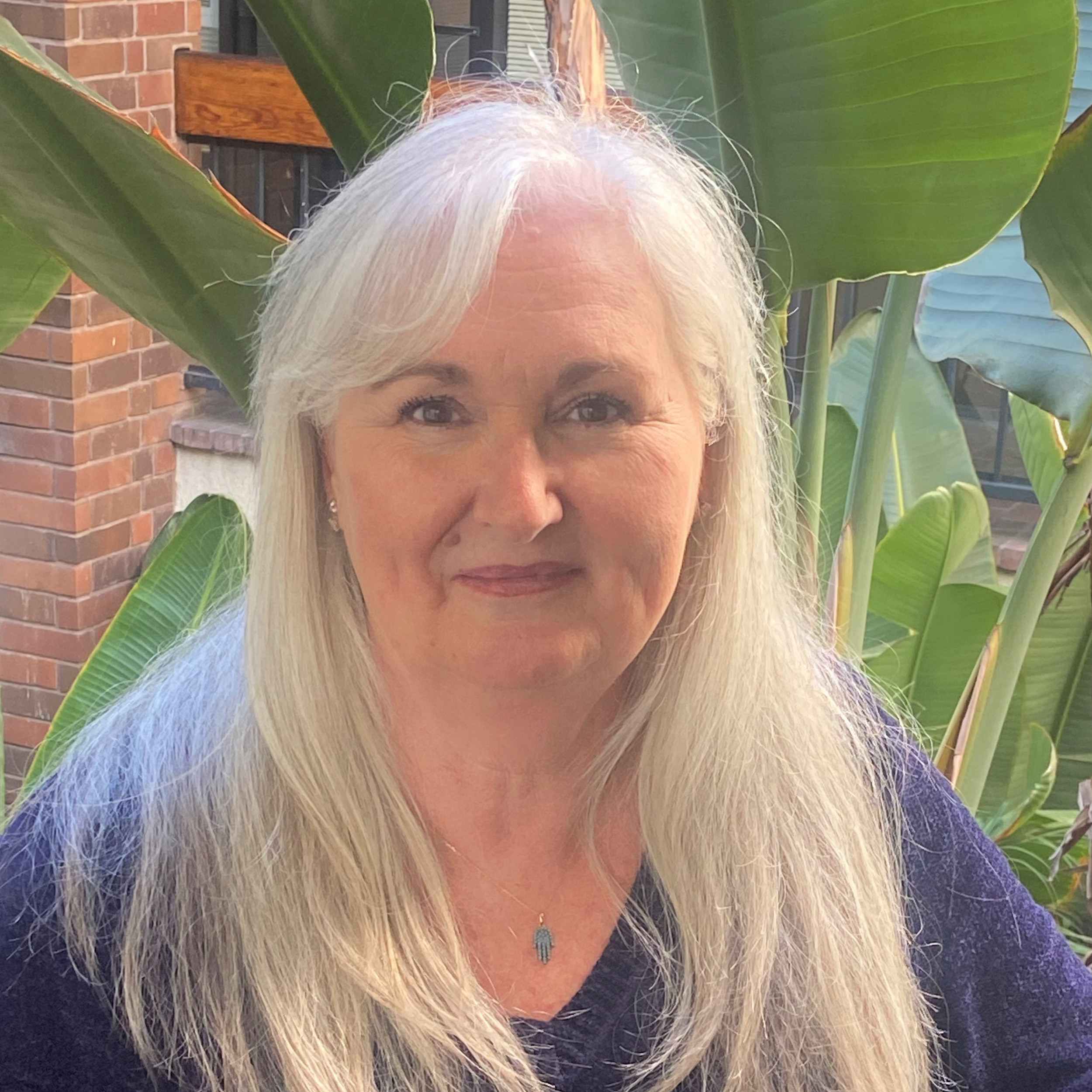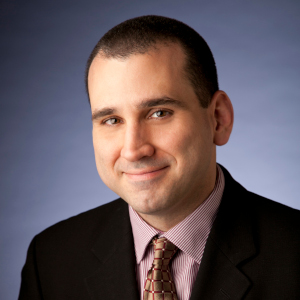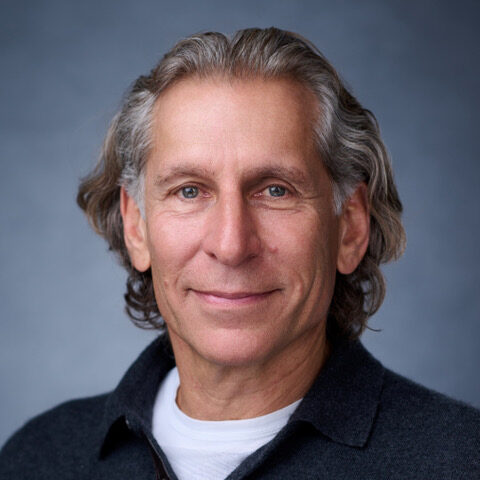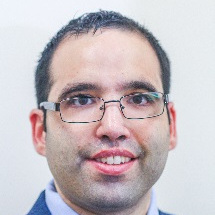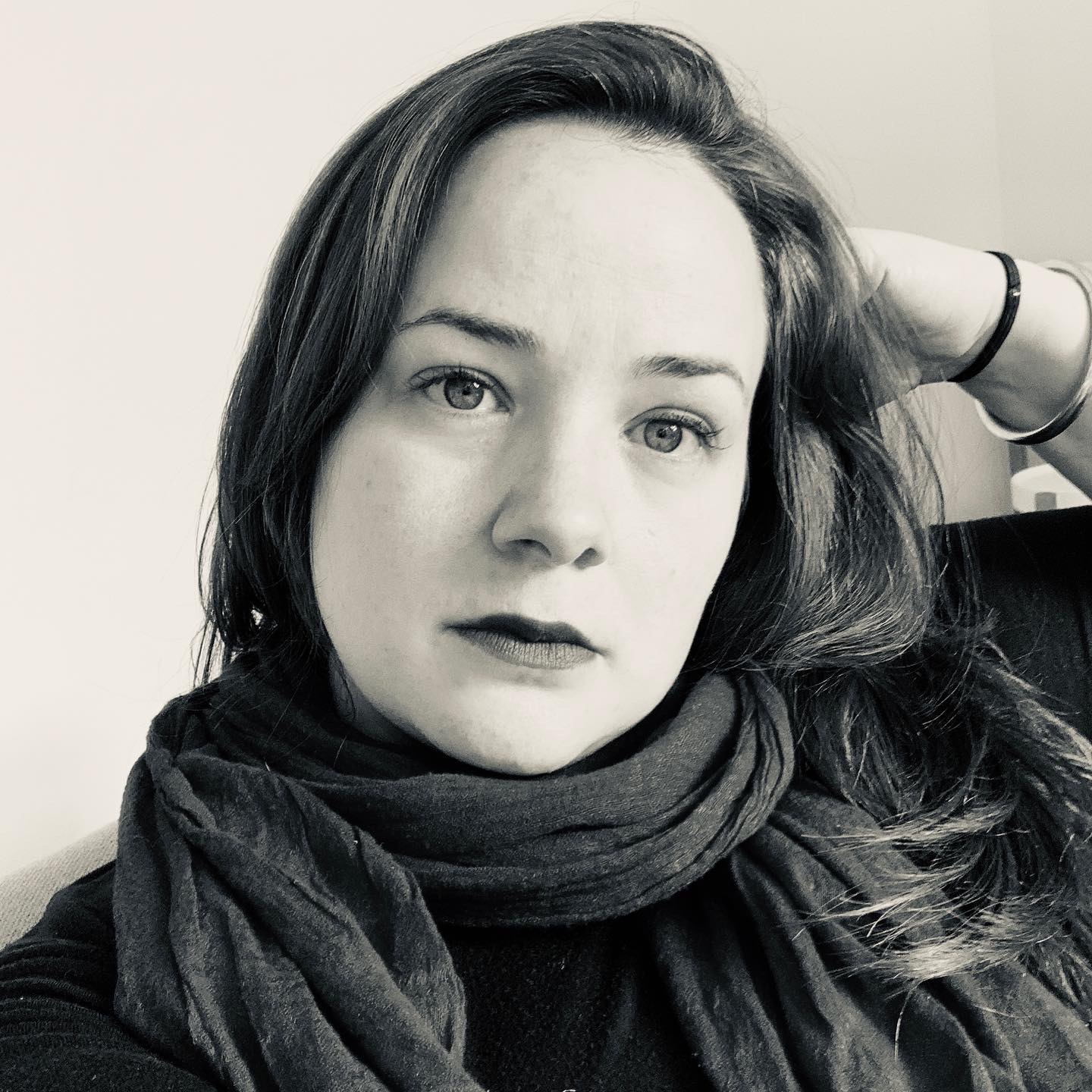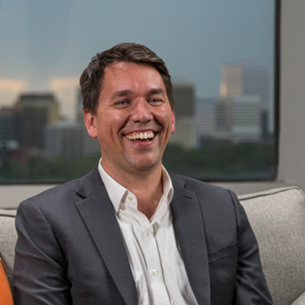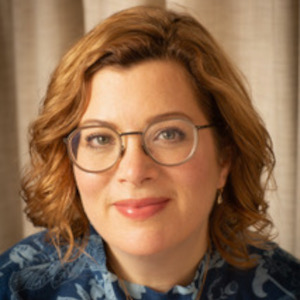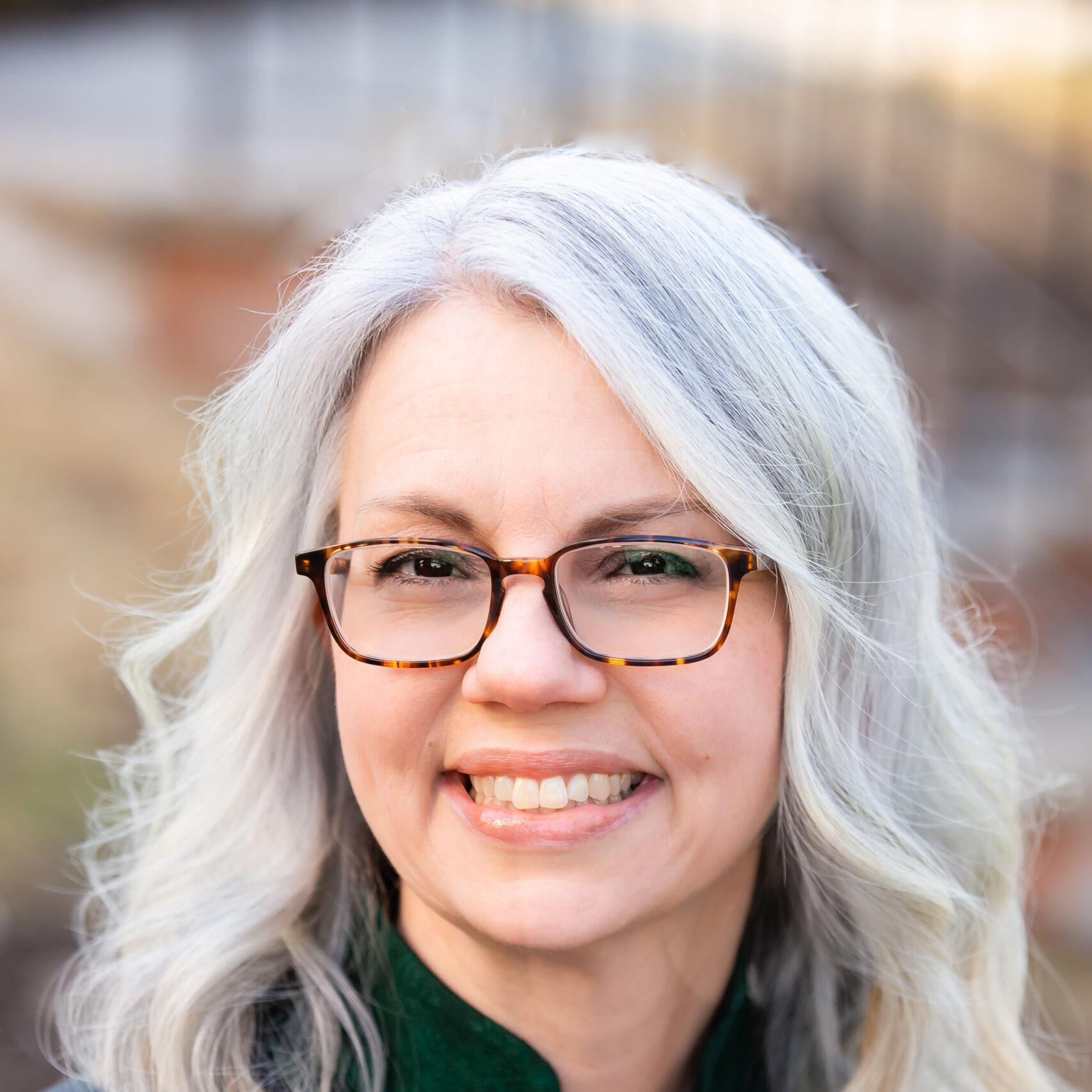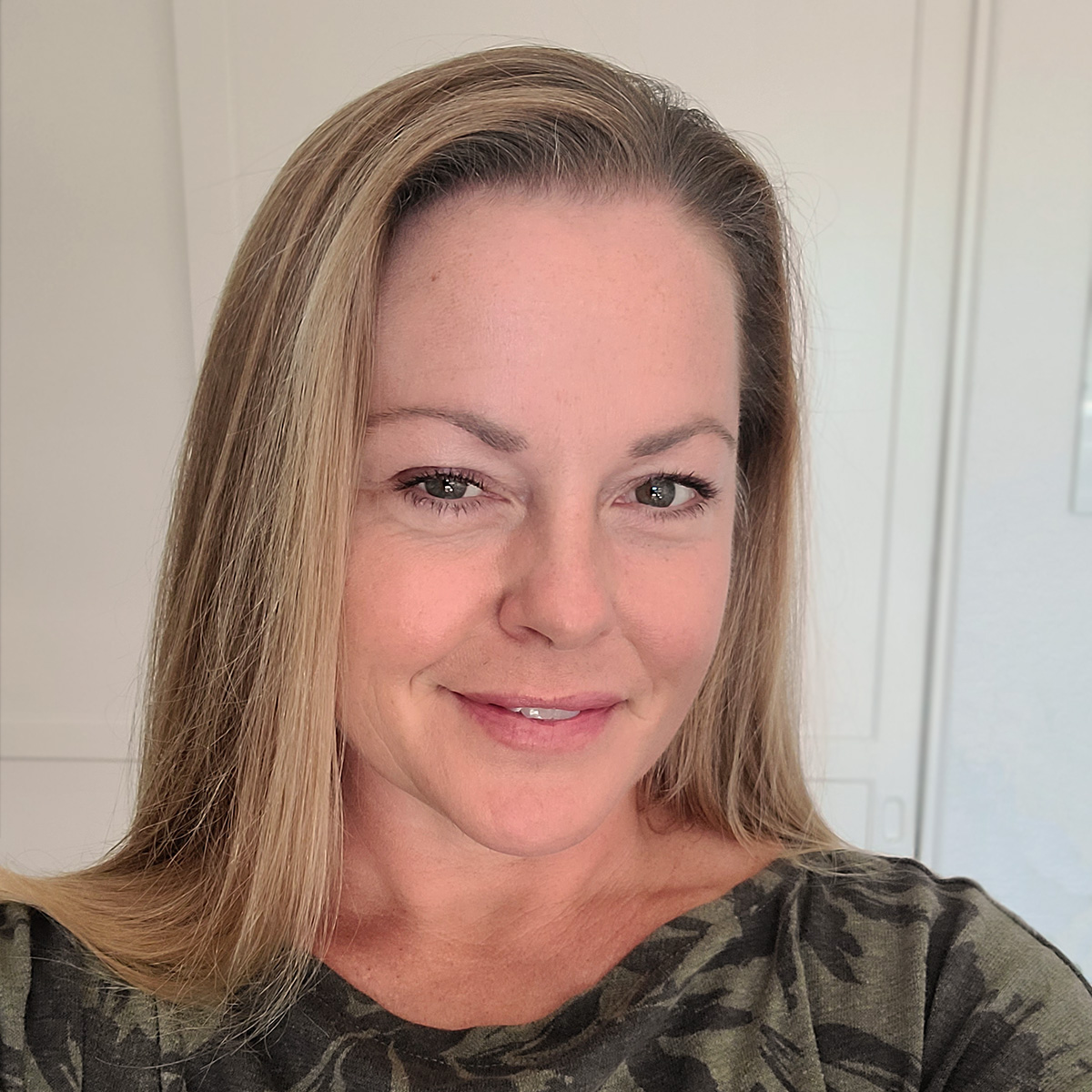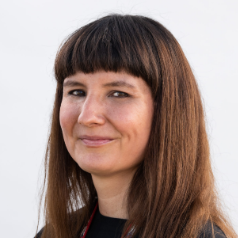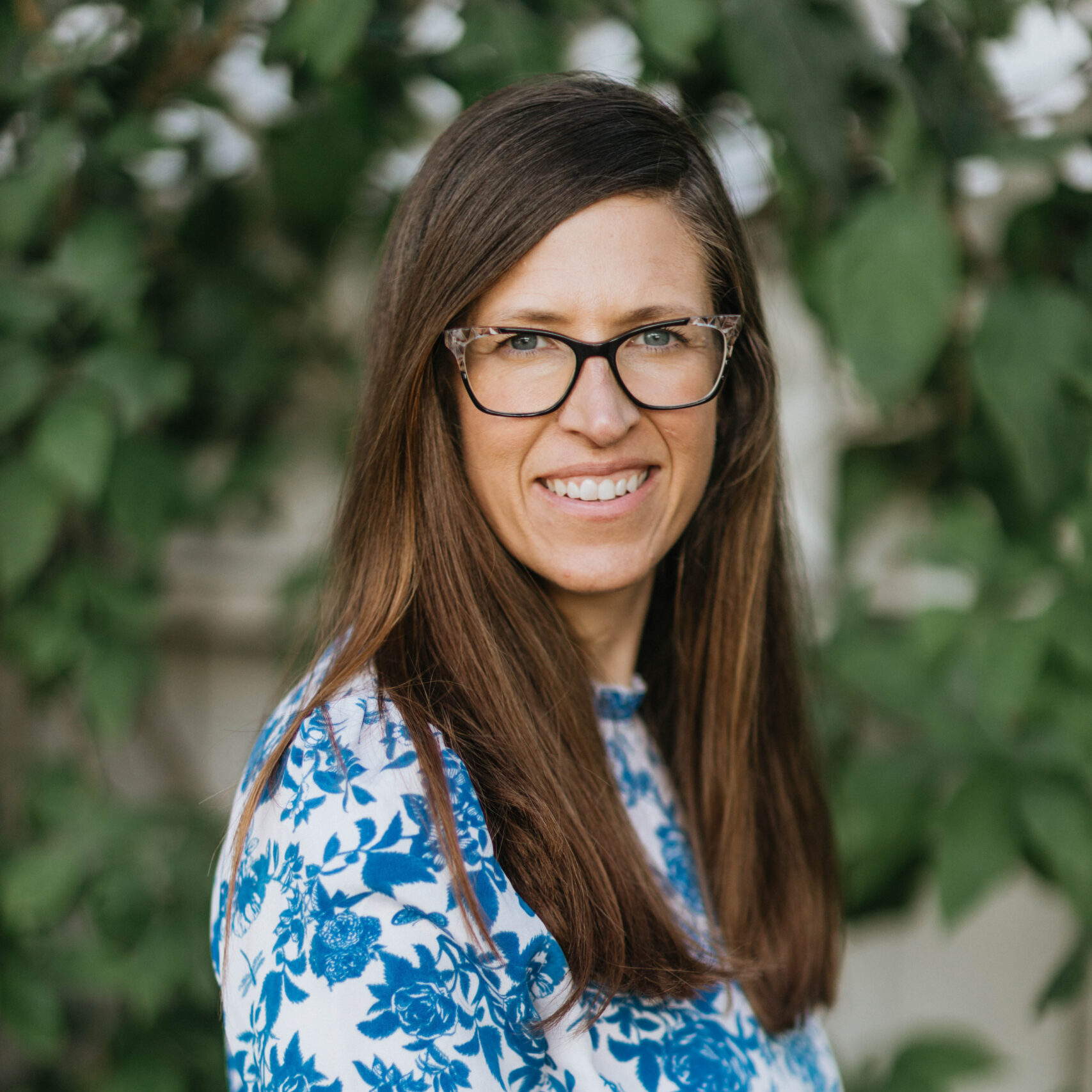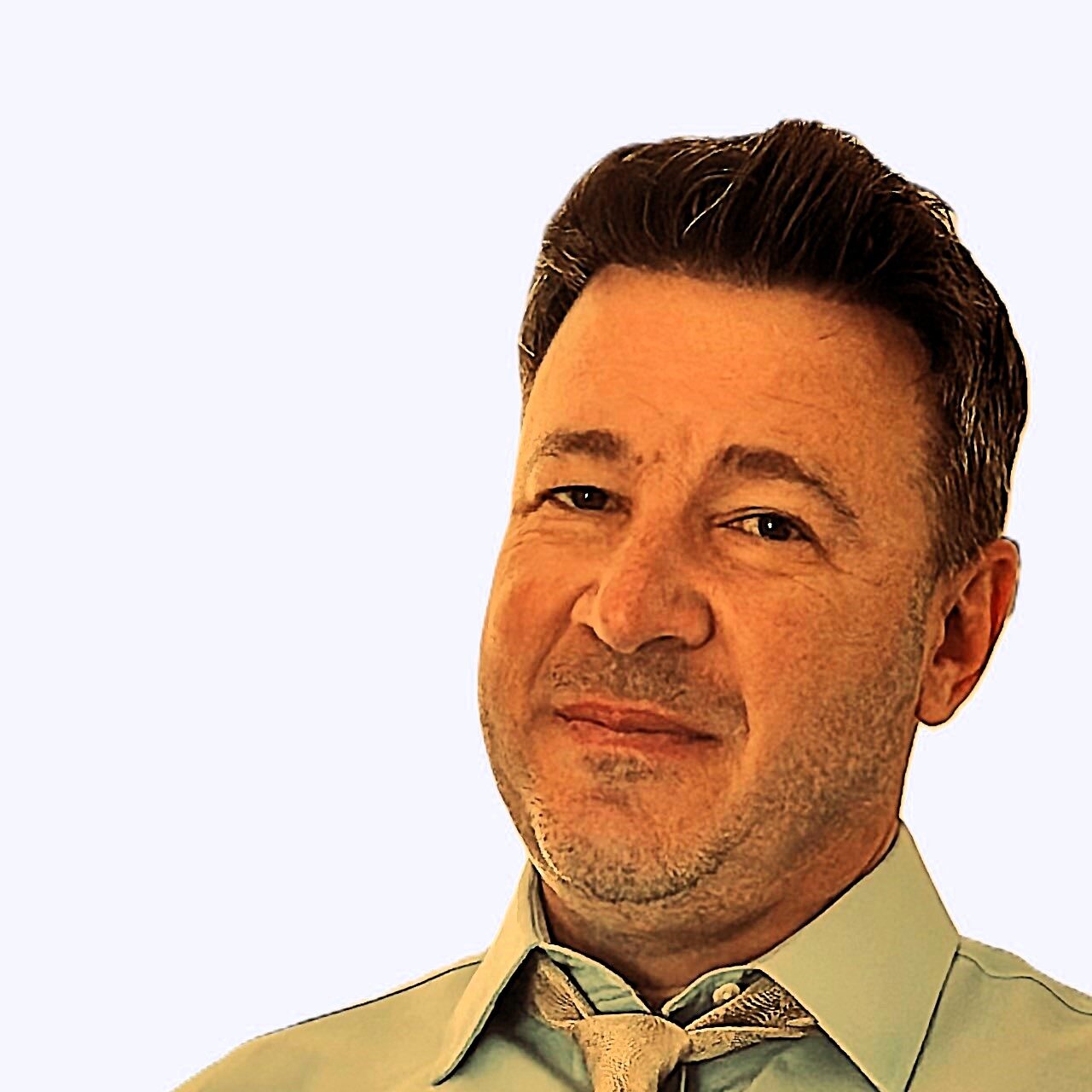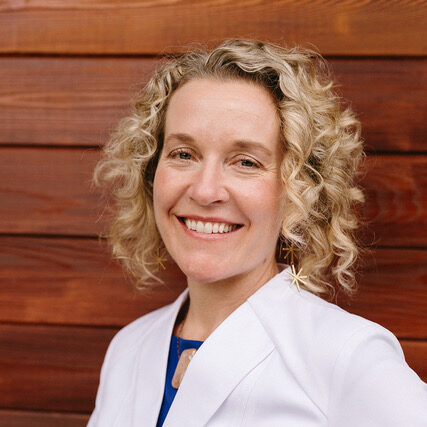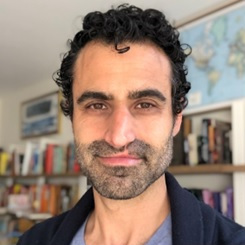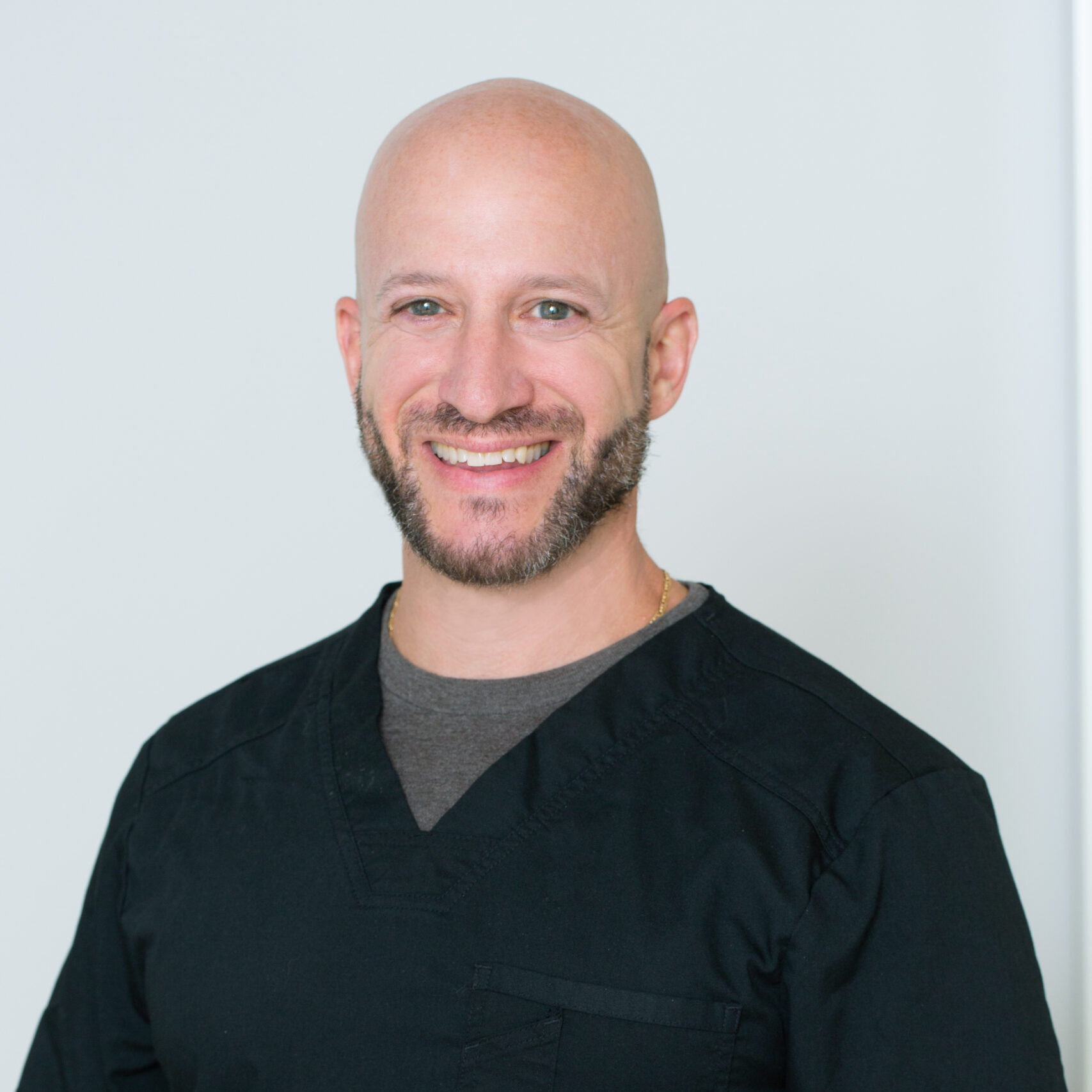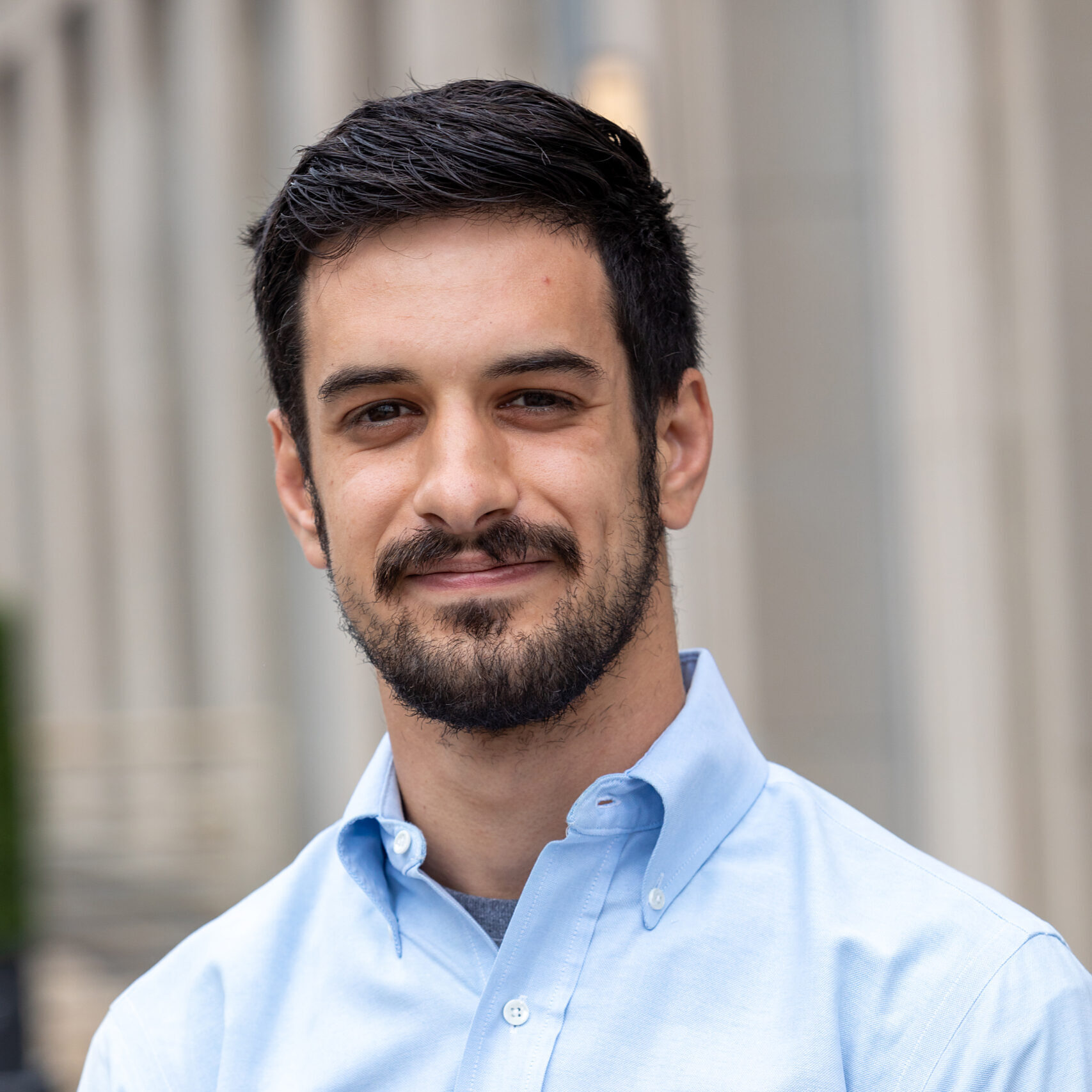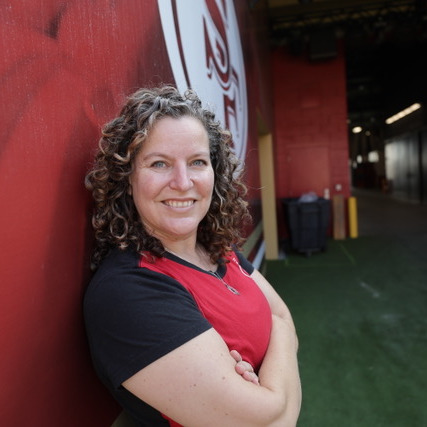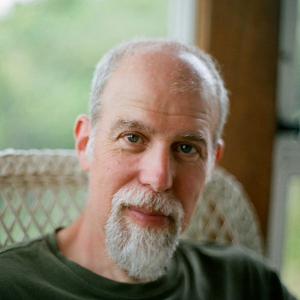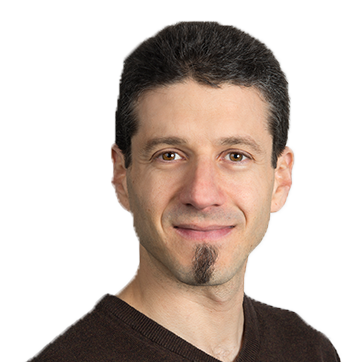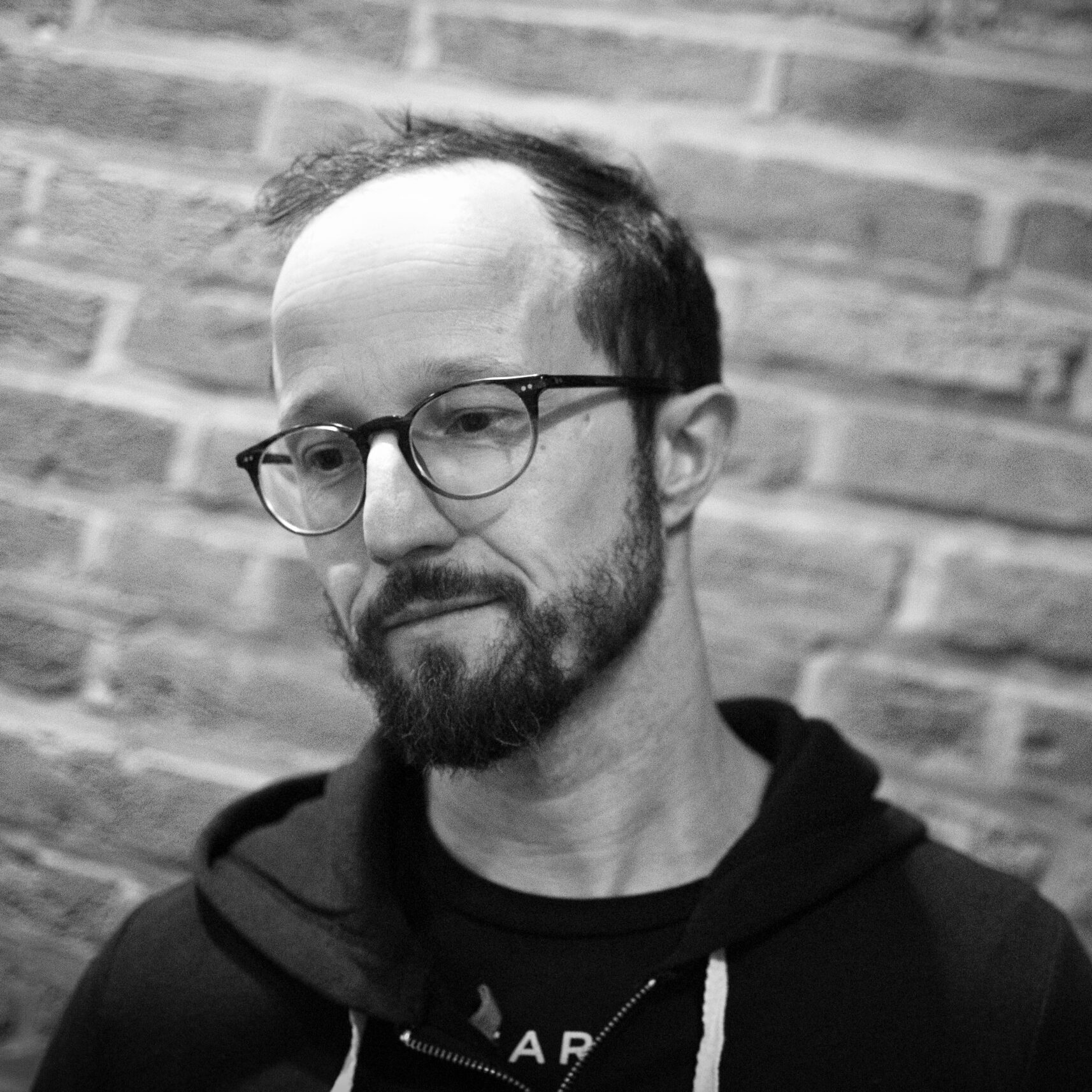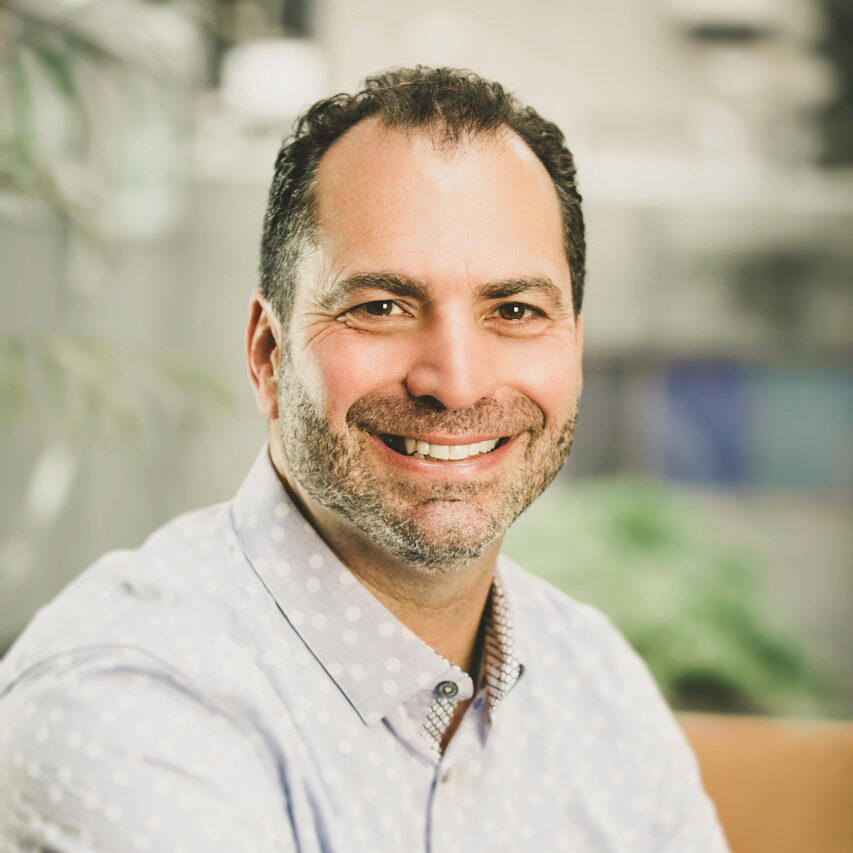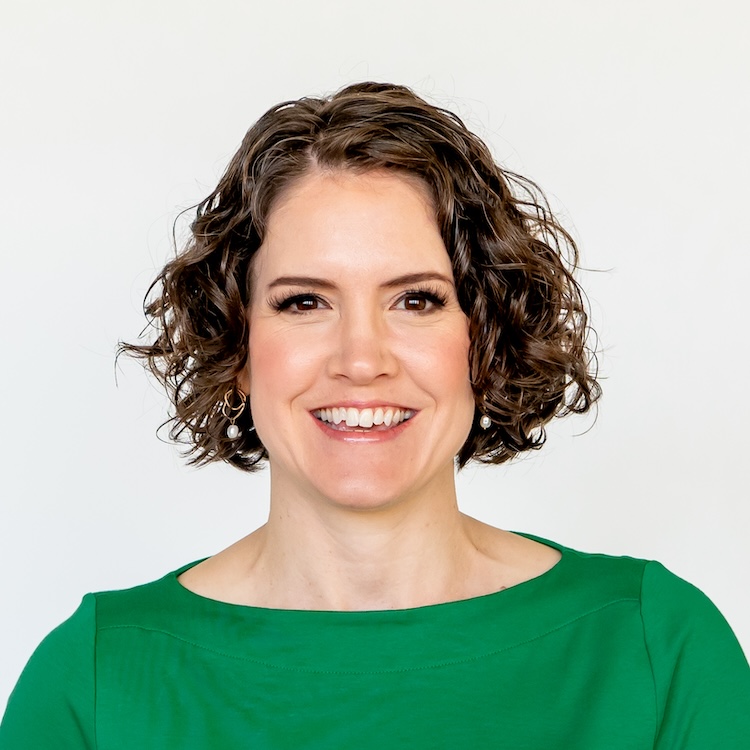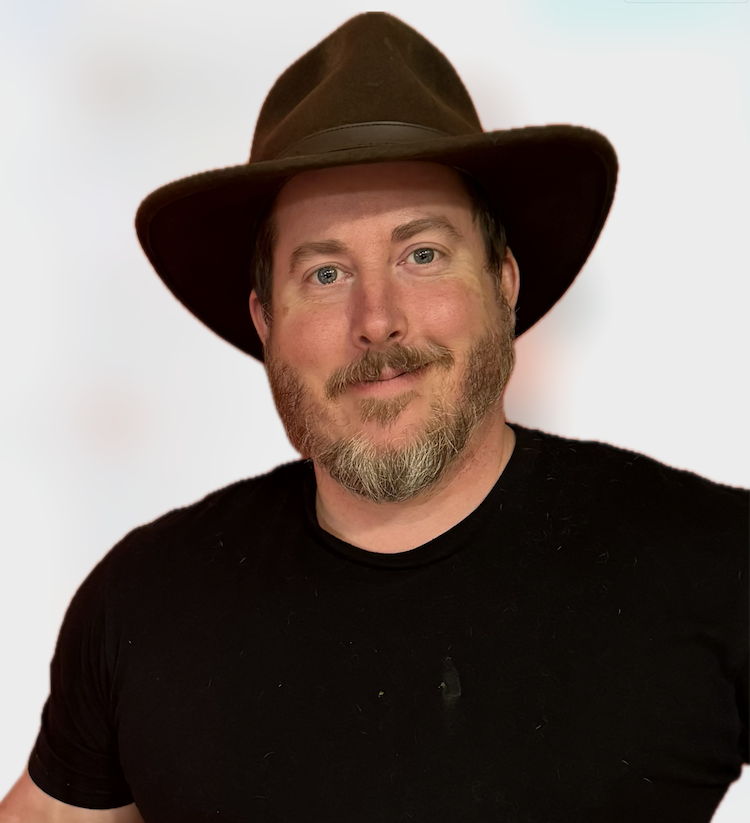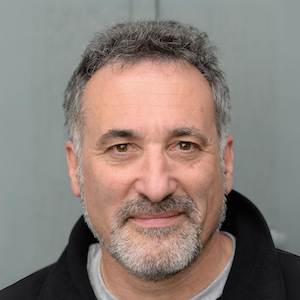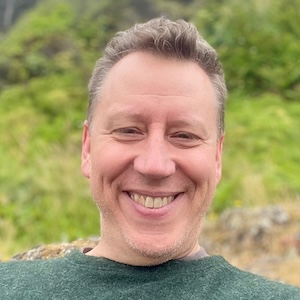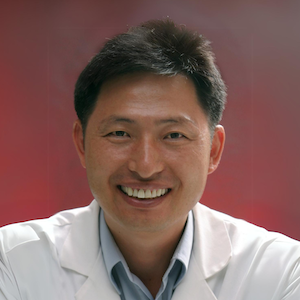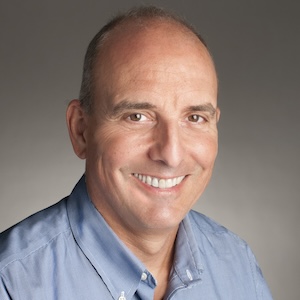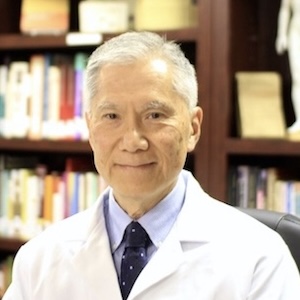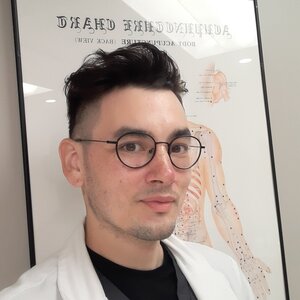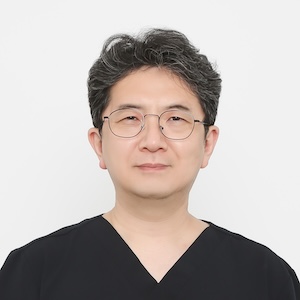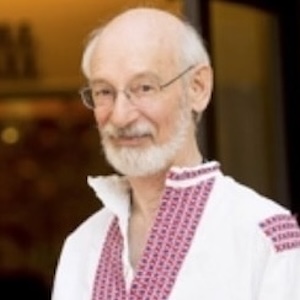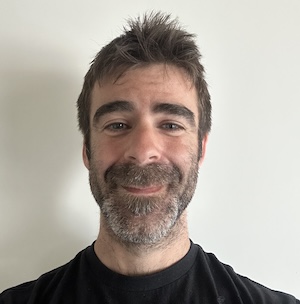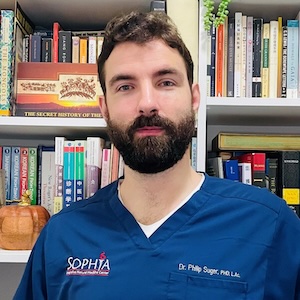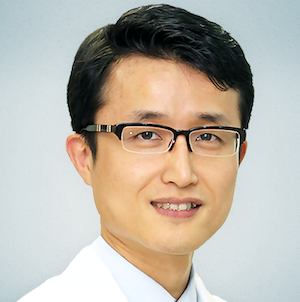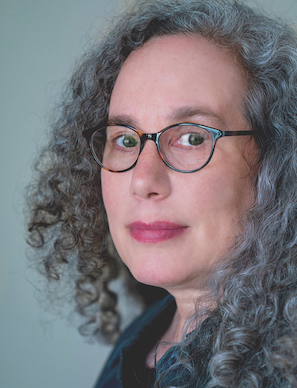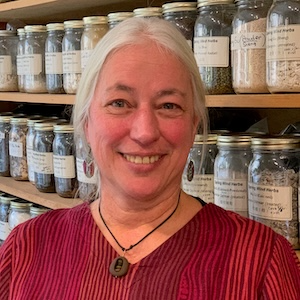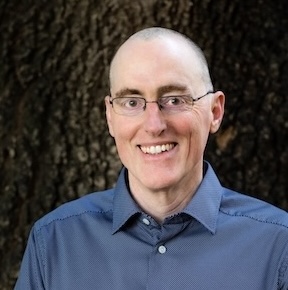Being in business is not just about tracking the financial health of your enterprise. It is about having a mission worth engaging, a kind of fire in the belly that fuels you through the difficult parts, and a sense for working at the edge of your capacity.
Having a business and all that goes with it, it gives you the opportunity to grow into potentials you can only dream about in the middle of a difficult night.
Our guest in this History Series conversation, Bill Egloff has been helping patients and practitioners for a long time with the products and services he’s provided over the years. He’s got a keen eye for business, regulatory details, and working with seemingly competing interests. It’s a long road from running a natural foods store to collaborating with Sloan Kettering on cancer patients.
As with the other history series pioneers, there have been some interesting forks in the road worth taking.
In This Conversation We Discuss:
- The role of natural foods and co-ops in the 1970s as a gateway to natural medicine.
- How the macrobiotic movement influenced interest in acupuncture and Chinese medicine
- The significance of Dr. So and the early acupuncture schools in the U.S., particularly the New England School of Acupuncture.
- Experiences with Chinese herbs in the 1980s and the challenges of acquiring and understanding herbs as a Westerner.
- The role of serendipity and personal connections in discovering acupuncture and herbal medicine.
- How ephedra (ma huang) and its misuse contributed to the FDA's ban and shaped regulations on Chinese herbs.
- The challenges and developments in the herbal supplement industry, including quality control and regulatory issues.
- The emergence of the health freedom movement and its influence on herbal medicine.
- The creation and impact of the Dietary Supplement Health and Education Act (DSHEA) of 1994 on the herbal industry.
- The evolution of Crane Herb Company and the significance of custom prescriptions in Chinese medicine.
- The Cleveland Clinic’s integration of Chinese herbal medicine and acupuncture into its wellness and preventive care models.
- The safety and efficacy of Chinese herbs in a Western medical context, as demonstrated by the Cleveland Clinic's herb safety study.
It takes courage to grow up and become who you really are. E.E. Cummings
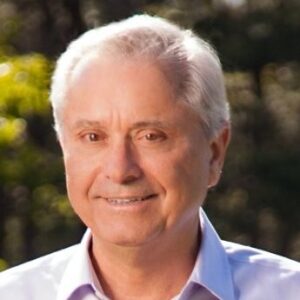 Bill Egloff, Entrepreneur
Bill Egloff, Entrepreneur
The 70s for me were about food coops, natural food, self-care, macrobiotics, Jerrine and 4 young girls in Plymouth, MA. The 80s started with NESA and Chinese herbs saving Jerrine’s life. So, Crane Herb Co. was needed to offer Chinese herbal medicine for TCM practitioners. Business was about constant change and new opportunities…..and computers and technology. Of course, an online herbal medicine pharmacy was needed. So, I just did it and custom herb prescriptions could be compounded within all the FDA and USP cGMP requirements and mailed to patients. Pretty cool!
Tanya Edwards, MD at Cleveland Clinic said “let’s create a Chinese Herb Clinic together” and prove how safe Chinese Herb prescriptions can be for our patients. Done!
Dr.Jun Mao, MD at Memorial Sloan Kettering liked what we did at Cleveland Clinic and said “let’s offer Chinese Herbs for cancer patients suffering from the side-effects of chemo and radiation”. Done.
201,000 patients have bought Chinese herb prescriptions from Crane.
How can we support Chinese medicine to be offered in whole health integrative medicine hospitals and the VA, etc.? Let’s do it!
Links and Resources

